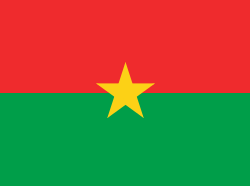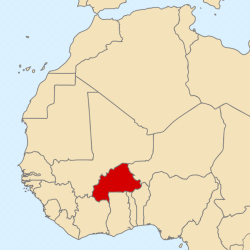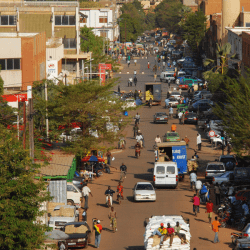The mossi dolls originate from the mossi people of Burkina Faso, in West Africa.
The mossi doll is also called ‘biiga’ (which means child), by the mossi people.

These mossi dolls are wooden figurines made from one piece of wood standing on a broader base.
The dolls portray the characteristics of an adult woman; with facial features, female breasts, and a mossi hairstyle engraved at the sides of the dolls flat head.
Mossi dolls are carved by blacksmiths and given to little girls to play with. A little girl sticks the doll in the waistband of her skirt and walks about with it like her baby; washing, feeding, clothing her and adorning her with beads.
The mossi people associate the mossi doll to mother hood and female fertility. When a little girl shows her doll to older women, she receives chants of blessings with many children and fertility.
The mossi doll is usually passed from a girl’s mother to her, and the legacy goes on. Women, who find child bearing difficult after marriage, carry their doll about everywhere and care for it just as they would the baby they hope to get.






